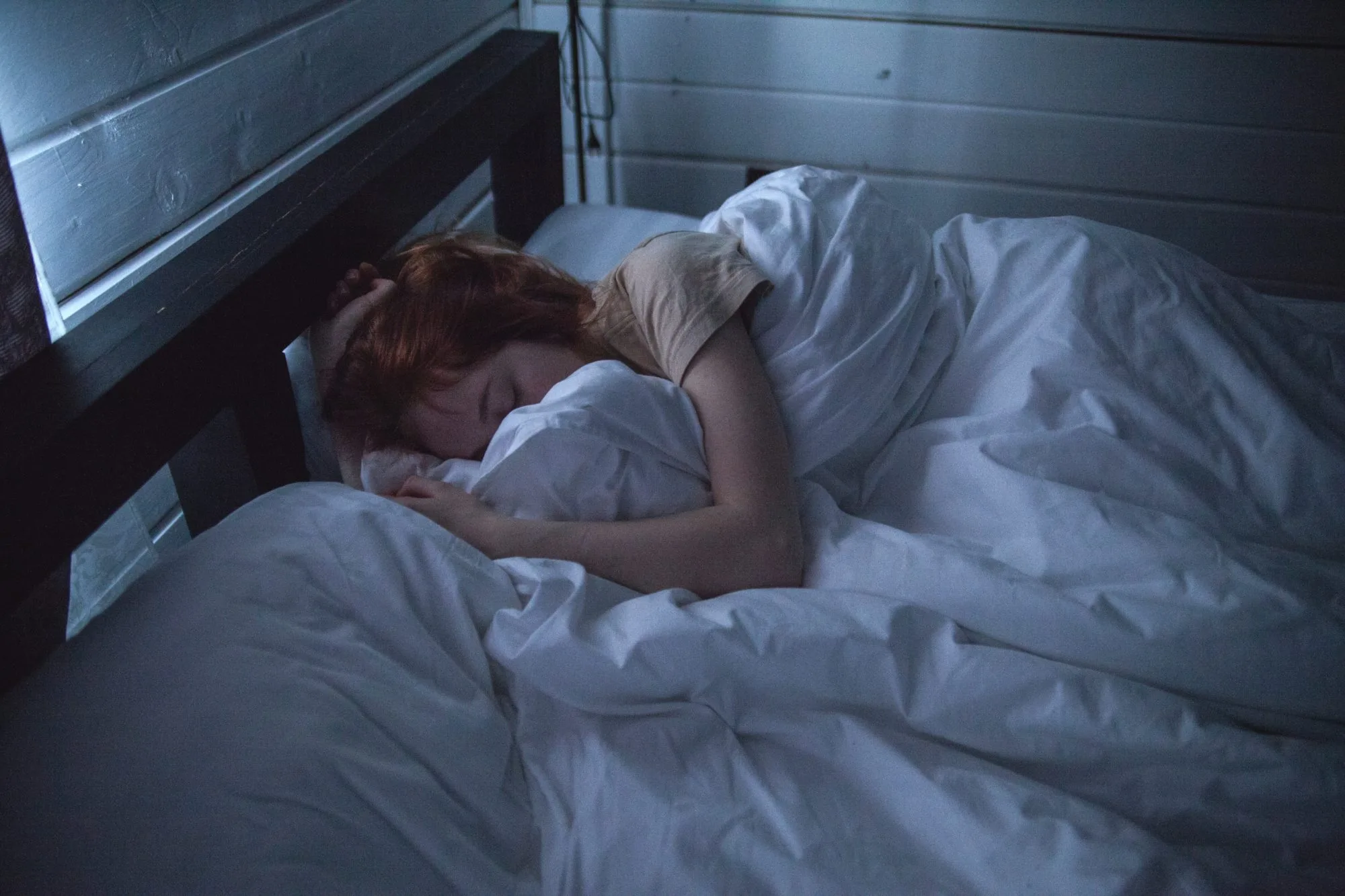Did you know that alcohol has a bad impact on your sleep cycle? And we all know how important good sleep is for our health. Alcohol consumption has been a huge side effect of the coronavirus pandemic; in a study carried out by Delamere, 22% of British adults had increased their consumption over the last year. All that overindulgence might reasonably have led you to a New Year’s resolution to drink less, or even to stop drinking entirely.
How does alcohol impact your sleep cycle?
A specialist team from Delamere Health explains the effects of alcohol consumption on the restorative quality of sleep.
“Alcohol is commonly used as a sleep aid and will undoubtedly help you drift off, as it causes brain activity to slow down, which can induce feelings of relaxation and sleepiness.
But consuming alcohol in excess can affect the quality of your sleep and cause negative effects, from headaches and dehydration to increased need to urinate and overheating.”
What happens to alcohol in your body?
When alcohol is consumed, the substance is absorbed into the bloodstream from the stomach. Enzymes in the liver metabolize alcohol throughout the night. During this process, the alcohol will still be circulating throughout the body, causing sleep disruptions and poor sleep quality.
Binge drinking, which involves consuming more than six units of alcohol in a single session, can send our bodies into a deep sleep, disrupting the first two cycles of REM sleep.
Sleep cycle and sleep quality
As alcohol is a depressant, the start of sleep is often shorter for individuals, and some fall into deep sleep quicker than usual. This often creates an imbalance in the sleep cycle between slow-wave sleep and REM sleep and disrupts the restorative stage our body needs. This can leave us feeling exhausted the following day, no matter how long we stay in bed.
“According to a 2018 study, alcohol can significantly affect sleep quality, regardless of unit consumption. The researchers analysed the sleep and alcohol habits of more than 4,000 adults between 18-65 years old.
The findings revealed that low alcohol intake reduced sleep quality by 9.3%, moderate alcohol intake reduced sleep quality by 24% and heavy alcohol-reduced sleep quality by nearly 40%.”
What other sleep problems are caused by alcohol?
“Studies have confirmed a strong correlation between long-term alcohol abuse and chronic sleep issues. Individuals can develop a strong tolerance for alcohol rapidly, typically resulting in them drinking more alcoholic beverages before bedtime to initiate sleep. Aside from causing poor sleep quality, alcohol can influence many sleep problems, for example;
Vivid dreams and nightmares – With alcohol flowing through your system, you are more susceptible to nightmares and vivid dreams. When your blood alcohol level drops, sleep becomes shorter, and you experience more dream recall and REM sleep.

Photo by Damir Spanic on Unsplash
Sleepwalking and parasomnia – Alcohol increases the risk of sleepwalking by increasing the quality of slow-wave sleep you experience when in your system.
Breathing issues – Drinking alcohol can cause irregular breathing and is formerly known as sleep apnea, a disorder characterized by abnormal breathing and loss of breath during sleep. Sleep apnea is caused by the throat muscles relaxing, which creates more resistance when breathing. Alcohol can increase the likelihood of snoring, as it relaxes the muscles in the body, which means the tissue in your throat, mouth, and nose will stop air flowing smoothly, which will cause a vibration.”
How can you improve your sleep cycle if affected by alcohol?
“If you enjoy drinking alcohol, try to avoid it close to bedtime. You need to give your body time to process the alcohol you have consumed before you attempt to sleep. It takes on average 2 hours per unit to process alcohol, but this can vary from person to person.”
Tips on stopping binge drinking include:
-
Alternating alcoholic drinks with soft drinks or water
-
Eat before drinking, as you are less likely to consume vast amounts of alcohol on a full stomach
-
Avoid mixing your alcoholic drinks
-
Sticking to low alcohol beverages
-
Address the cause of your alcohol binges, i.e., see the appropriate professional (counselor, doctor, or therapist)
-
Avoid drinking with other excessive drinkers who are likely to place pressure on you to do the same
-
Avoid games that involve alcohol
-
Only taking a certain amount of money out with you, just enough to buy a few drinks
-
Avoiding all alcohol





![women [longevity live]](https://longevitylive.com/wp-content/uploads/2020/01/photo-of-women-walking-down-the-street-1116984-100x100.jpg)










